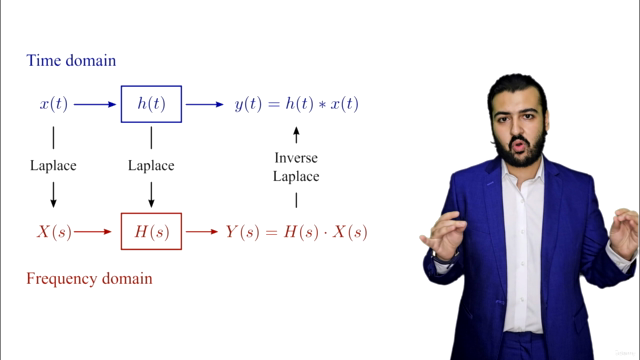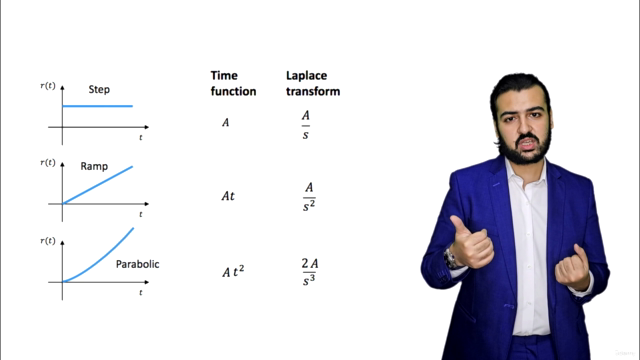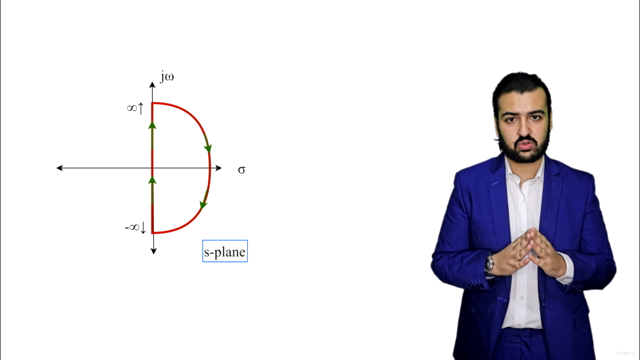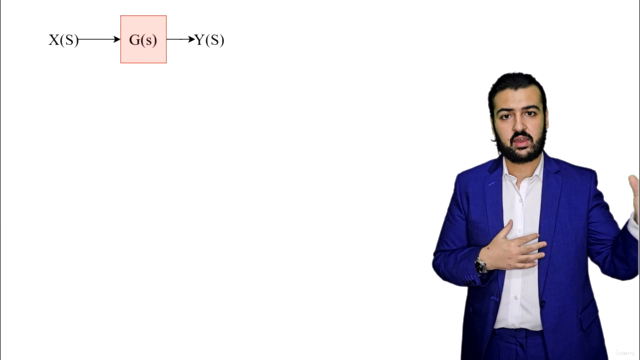Ultimate Automatic Control Theory in Electrical Engineering

Why take this course?
🎓 Course Title: Ultimate Automatic Control Theory in Electrical Engineering
🚀 Headline: Dive into the World of Control Systems with Our Expert-Led Course on Automatic Control Theory for Electrical Engineers!
Welcome to "Ultimate Automatic Control Theory in Electrical Engineering"! 🌟
Join us on an enlightening journey through the intricacies of automatic control theory, specifically tailored for electrical engineers. This course is your gateway to mastering the principles that govern dynamic systems and understand how to manipulate them effectively. With a blend of theoretical knowledge and practical applications, you'll be equipped with the tools necessary to excel in the field of electrical engineering.
What Students Will Learn from the Course:
-
Fundamentals of Control Systems:
- Comprehend the core principles of automatic control.
- Recognize the significance and myriad applications of control systems across various industries.
-
Mathematical Modeling:
- Create and analyze mathematical models for electrical and mechanical systems.
- Gain expertise in essential mathematical tools like Fourier Series, Fourier Transform, Laplace Transform, and Linear Time-Invariant (LTI) systems.
-
Block Diagram and Signal Flow Graph Techniques:
- Master the art of block diagrams and their reduction techniques to simplify complex system representations.
- Translate block diagrams into Signal Flow Graphs (SFG) and apply Mason's Formula for complex system analysis.
-
Time Response Analysis:
- Examine and interpret the time response of first and second-order systems, key for understanding dynamic behavior.
- Grasp important performance specifications such as rise time, peak time, overshoot, and settling time.
-
Stability Analysis:
- Apply the Routh-Hurwitz criterion to assess system stability.
- Calculate steady-state errors for various types of inputs and systems, ensuring robust system design.
-
Root-Locus and Frequency Response Methods:
- Sketch root-locus plots and analyze their impact on system behavior.
- Perform comprehensive frequency response analysis using polar plots, Nyquist criteria, and Bode plots to predict system performance under varying frequencies.
-
Compensators and PID Controllers:
- Design compensators to improve control system performance.
- Tune PID controllers with precision, leveraging methods like Ziegler-Nichols or advanced optimization techniques such as Particle Swarm Optimization.
Why Enroll in This Course?
This comprehensive course is meticulously structured to provide you with a robust understanding of control systems from the ground up. You'll delve into both theoretical and practical aspects, ensuring that by the end of this journey, you're not only well-versed in the subject matter but also confident in applying these concepts to real-world problems.
🎓 Ready to take control of your understanding of automatic control theory? Enroll now and transform your expertise in electrical engineering!
Course Gallery




Loading charts...